WASH -(Water, Sanitation, and Hygiene )
Ensuring Health, Dignity, and Sustainability
At Marcom Care for Humanity Initiative (MCHI), we recognize that access to clean water, proper sanitation, and good hygiene practices is not just a necessity—it is a fundamental human right. Yet, millions of people in underserved communities continue to struggle with waterborne diseases, inadequate sanitation, and poor hygiene due to a lack of essential resources.
Our WASH interventions are designed to improve public health, promote dignity, and create sustainable solutions that empower communities to take control of their well-being. MCHI takes a holistic and community-driven approach to WASH, integrating clean water access, improved sanitation facilities, hygiene education, and menstrual hygiene management to create long-term impact. By addressing these critical areas simultaneously, we help prevent disease, reduce gender disparities, and build healthier, more resilient communities.
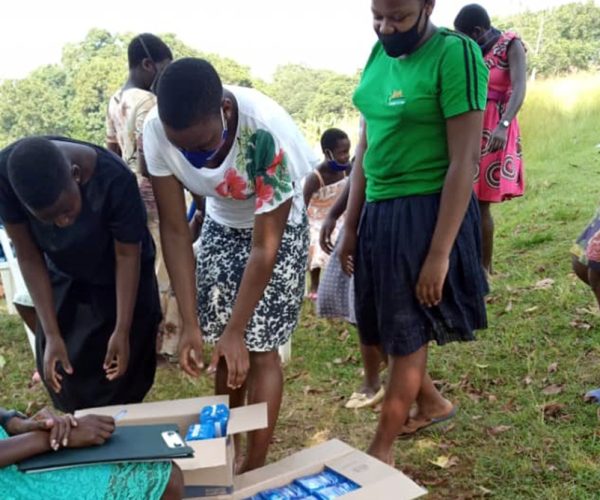
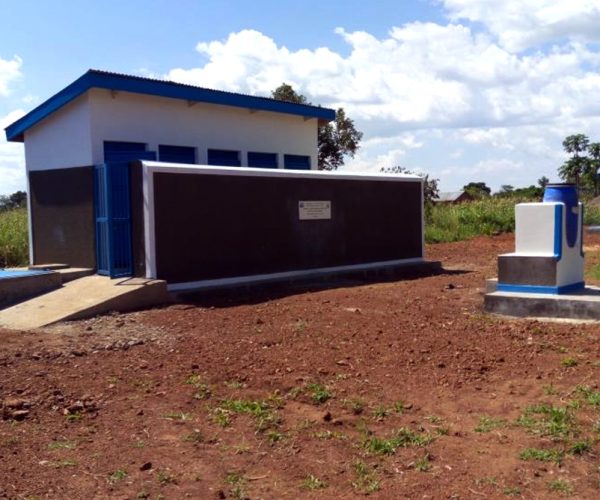
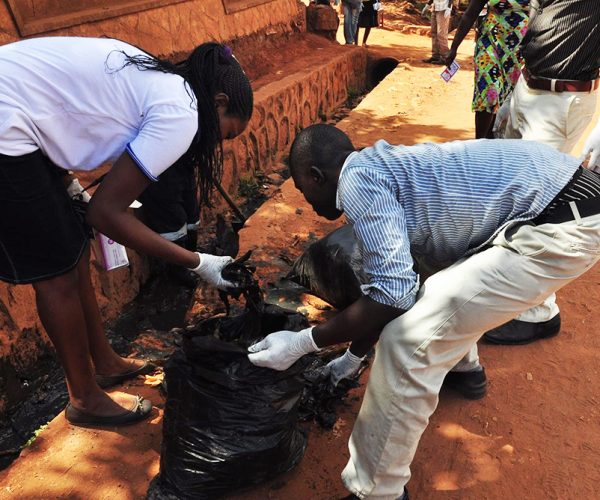
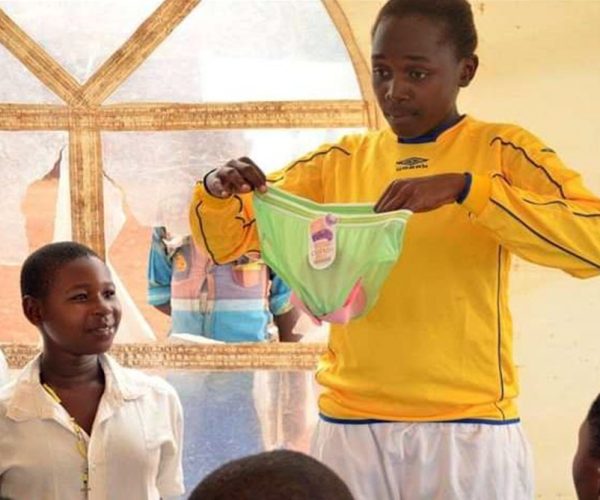
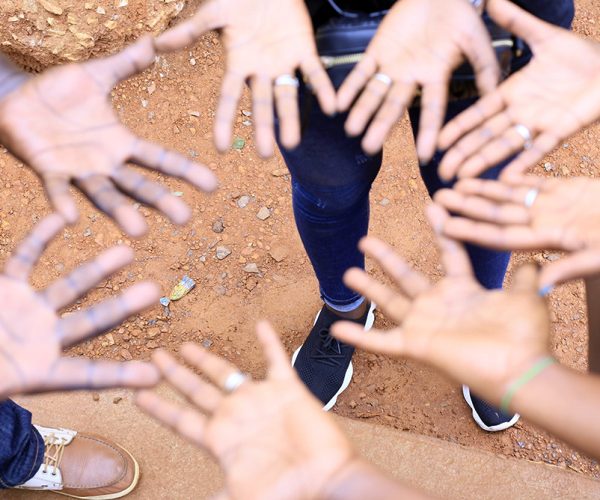
Providing Access to Clean Water
Safe drinking water is essential for survival, yet many communities rely on contaminated sources that put them at risk of deadly diseases. MCHI works to drill new wells, rehabilitate broken water sources, and install sustainable water systems to ensure that families, schools, and healthcare facilities have a reliable supply of clean and safe water. We also train community members on water conservation and maintenance, ensuring long-term functionality and local ownership of these resources.
Improving Sanitation Facilities
Proper sanitation is vital for disease prevention and human dignity. MCHI constructs latrines, toilets, and bathing facilities in schools, healthcare centers, and public spaces to eliminate open defecation and improve hygiene standards. By incorporating inclusive and gender-sensitive designs, we ensure that these facilities are safe and accessible, particularly for women, girls, and people with disabilities.
Hygiene Education and Behavior Change
Sustainable change in WASH practices requires more than just infrastructure—it requires education. MCHI implements community-led hygiene education programs that promote handwashing, waste management, and food hygiene. Through interactive workshops, school-based programs, and public awareness campaigns, we empower individuals with knowledge that helps prevent the spread of diseases like cholera, diarrhea, and respiratory infections.
Menstrual Hygiene Management (MHM)
Menstrual hygiene is a critical but often overlooked aspect of public health. Many girls miss school due to a lack of affordable menstrual hygiene products, proper sanitation facilities, and education on menstrual health. MCHI works to break this cycle by distributing menstrual hygiene kits, building private and safe sanitation facilities, and conducting menstrual health awareness sessions in schools and communities. We also engage parents, teachers, and local leaders to normalize conversations about menstruation, reducing stigma and ensuring that girls can manage their periods with dignity.
Community Engagement and Sustainability
At MCHI, we believe that lasting change happens when communities take ownership of their WASH solutions. We actively train local leaders, establish community water committees, and provide skill-building opportunities so that people can maintain and manage their WASH infrastructure independently. Additionally, we advocate for policies that prioritize WASH services in public institutions, ensuring that clean water and sanitation remain a government priority.
Why WASH Matters
Lack of access to clean water, proper sanitation, and hygiene practices contributes to poor health, limits educational opportunities, and deepens gender inequalities. By investing in WASH, MCHI is not only preventing diseases but also empowering individuals, improving school attendance, and fostering economic growth.
Through a people-centered, evidence-based approach, MCHI is committed to building a future where no child misses school due to waterborne illness, no woman is forced to walk miles for clean water, and every individual can live with health, dignity, and opportunity

